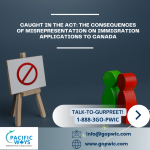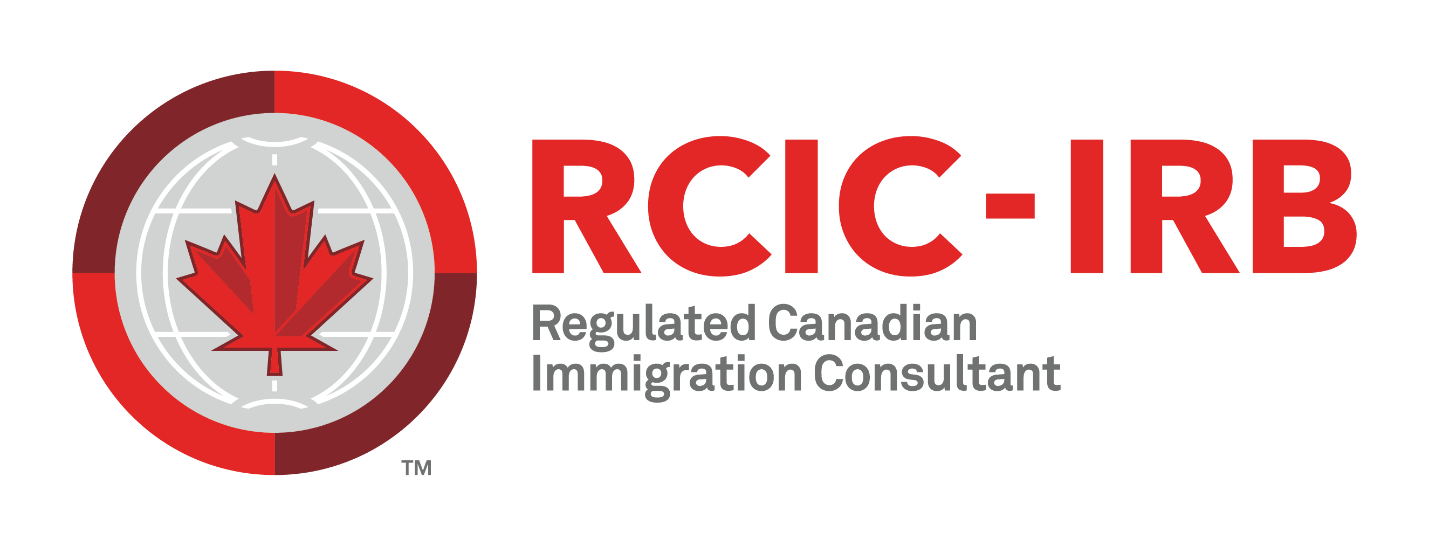Scenario 1: You successfully submitted an immigration application to Canada, and then suddenly you remember, you failed to disclose the refusal you received to travel to USA 8 years ago. What to do now??
Scenario 2: Your application to Canada was successfully submitted, you have been going on with your life as usual awaiting the decision on your application, and low and behold, you receive a Procedural Fairness Letter from Immigration Officer assessing your application. The letter states that you have concealed some information from the Immigration Officer and are now being granted 10 days to respond or you could face a 5 year misrepresentation ban? What to do now?
Immigrating to Canada is a dream come true for many people. Canada is known for its high standard of living, friendly people, and diverse culture. However, the immigration process can be lengthy and complicated, and it requires a lot of paperwork. One important aspect of the immigration process is the application itself. Misrepresenting information on your immigration application can have severe consequences.
In Canadian immigration law, misrepresentation is defined as providing false or misleading information or withholding material facts in an application, interview, or hearing under the Immigration and Refugee Protection Act (IRPA) and its regulations.
According to section 40 of the IRPA, a foreign national or permanent resident is inadmissible to Canada for misrepresentation, which includes directly or indirectly misrepresenting or withholding material facts relating to a relevant matter that induces or could induce an error in the administration of the IRPA. The relevant matters can include a person’s identity, education, work experience, criminal record, or medical history, among others.
Furthermore, section 127 of the IRPA specifies the consequences of misrepresentation, which can include a five-year ban on entering Canada, the refusal of an application, and even the loss of permanent resident status or citizenship. In more severe cases, misrepresentation can result in criminal charges and deportation from Canada.
It is important to note that the onus is on the applicant to provide truthful and accurate information to the immigration authorities throughout the application process. Any misrepresentation or failure to disclose material facts can have serious consequences, and it is always best to err on the side of caution and be transparent with the immigration authorities.
It is essential to understand that misrepresentation can have lifelong consequences. Even if you are successful in immigrating to Canada, misrepresenting information on your application can come back to haunt you. If you are caught misrepresenting information, your permanent residency status or citizenship may be revoked.
It is crucial to be truthful and transparent when completing your immigration application. Providing false information may seem like a quick way to achieve your dream of living in Canada, but it is not worth the risk. Instead, take the time to ensure that all the information you provide on your application is accurate and complete. In upcoming posts, we will discuss more about the issues related to misrepresentation.
If you have already submitted an application and realize that you have made an error or omission, it is crucial to correct it immediately. Alternatively, if you have received a procedural fairness letter, it is imperative to provide a response promptly, with proper evidence and documentation. Contact our office today and we can help you rectify the situation and avoid any potential consequences.













